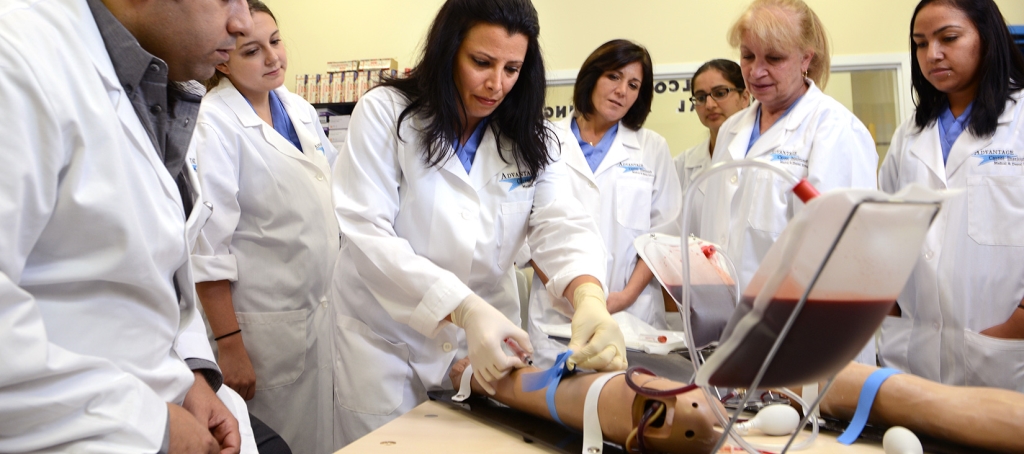**Title: What Is A Certified Phlebotomist: Job Description, Training, and Certification**
**Introduction:**
In the medical field, phlebotomists play a crucial role in collecting blood samples from patients for diagnostic testing, blood transfusions, and research purposes. A certified phlebotomist is a skilled professional who has undergone specialized training and obtained certification to perform blood collection procedures safely and effectively. In this article, we will explore the essential aspects of what a certified phlebotomist does, the training required to become certified, and the benefits of pursuing a career in phlebotomy.
**What Is A Certified Phlebotomist?**
A certified phlebotomist is a healthcare professional trained to draw blood from patients using various techniques, such as venipuncture and finger sticks. They work in a variety of settings, including hospitals, clinics, laboratories, and blood donation centers. Some of the key responsibilities of a certified phlebotomist include:
– Greeting patients and explaining the blood collection process
– Identifying patients and labeling blood samples correctly
– Selecting the appropriate blood collection method based on the patient’s age and health status
– Performing blood draws with precision and efficiency
– Following safety protocols to prevent infections and ensure patient comfort
**Training and Certification Requirements:**
To become a certified phlebotomist, individuals must complete a phlebotomy training program accredited by the National Accrediting Agency for Clinical Laboratory Sciences (NAACLS) or the Accrediting Bureau of Health Education Schools (ABHES). These programs typically include classroom instruction, hands-on practice, and a clinical internship to gain real-world experience in blood collection techniques.
After completing the training program, aspiring phlebotomists must pass a certification exam administered by organizations such as the American Society for Clinical Pathology (ASCP) or the National Healthcareer Association (NHA). Once certified, phlebotomists must maintain their certification by completing continuing education requirements to stay updated on the latest developments in the field.
**Benefits of Becoming a Certified Phlebotomist:**
Becoming a certified phlebotomist offers numerous benefits, including:
- Job security and advancement opportunities in the growing healthcare industry
– Competitive salary and benefits, with the potential for overtime pay
– Flexibility in work hours and the opportunity to work part-time or full-time
– The satisfaction of helping patients and contributing to their healthcare journey
– The potential to specialize in areas such as pediatric phlebotomy or donor phlebotomy
**Practical Tips for Aspiring Phlebotomists:**
If you are considering a career as a certified phlebotomist, here are some practical tips to help you succeed:
– Develop strong communication and interpersonal skills to interact with patients effectively
- Practice proper hand hygiene and infection control measures to maintain a safe working environment
– Stay up-to-date on the latest phlebotomy trends and technologies through continuing education courses
– Network with other healthcare professionals to explore job opportunities and gain valuable insights into the field
– Consider specializing in a particular area of phlebotomy to enhance your skillset and career prospects
**Conclusion:**
a certified phlebotomist is a vital member of the healthcare team, responsible for collecting blood samples accurately and compassionately from patients. By completing the necessary training and obtaining certification, phlebotomists can enjoy a rewarding career with opportunities for growth and professional development. If you have a passion for helping others and are interested in a hands-on healthcare role, becoming a certified phlebotomist could be the right choice for you. Start your journey towards a fulfilling career in phlebotomy today!
By following the proper training and certification requirements, you can embark on a successful career as a certified phlebotomist and make a positive impact on the lives of patients every day.
